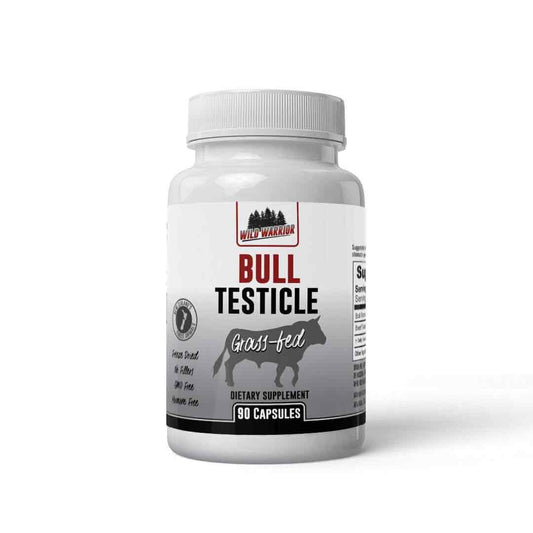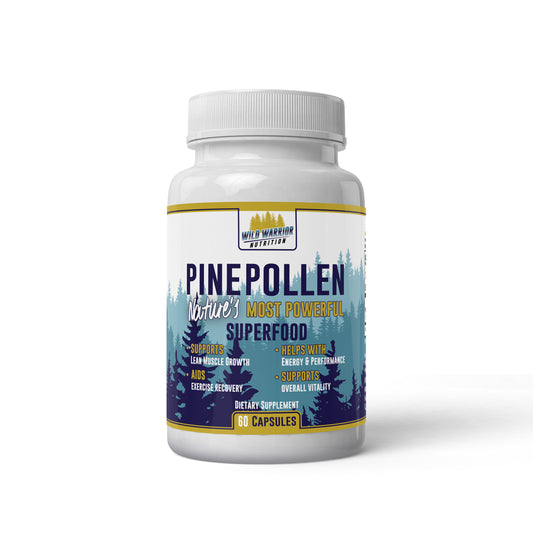Oxalates, also known as oxalic acid, are naturally occurring compounds found in a wide variety of plant-based foods. While consuming foods with oxalates is generally considered safe for most people, there are potential negative health effects associated with consuming high amounts of oxalates, particularly for individuals with specific health conditions. This blog post will discuss high oxalate foods and the potential risks associated with their consumption.
Tom Brady avoids high oxalate foods, should you?
What Are Oxalates?
Oxalates are organic compounds that occur naturally in many fruits, vegetables, legumes, and other plant-based foods. They serve various functions in plants, such as protection against herbivores and helping with calcium regulation1. In humans, oxalates are primarily ingested through diet and are mostly excreted through urine.
High Oxalate Foods
Some common high oxalate foods include:
- Spinach
- Beets
- Rhubarb
- Swiss chard
- Almonds
- Peanuts
- Soy products
- Cocoa powder and dark chocolate
- Sweet potatoes
- Black tea

It's important to note that not all plant-based foods are high in oxalates, and many nutritious fruits and vegetables contain low to moderate levels of oxalates.
Potential Negative Health Effects
For most people, consuming foods with oxalates is not a cause for concern, as the body can efficiently eliminate them through the kidneys. However, high oxalate intake may pose risks for certain individuals or those with specific health conditions. Some potential negative health effects associated with high oxalate consumption include:
-
Kidney stones: The most well-known risk associated with high oxalate intake is the formation of kidney stones, particularly calcium oxalate stones. These stones form when oxalate binds with calcium in the urine, creating crystals that can grow and cause kidney stones2. Individuals with a history of kidney stones or a predisposition to them may need to limit their oxalate intake to reduce the risk of stone formation.
-
Oxalate nephropathy: In rare cases, excessive consumption of oxalates can lead to a condition called oxalate nephropathy, which is characterized by kidney damage due to oxalate crystal deposition3. People with pre-existing kidney disease or impaired kidney function may be at higher risk for this condition.
-
Interference with mineral absorption: High oxalate intake can interfere with the absorption of essential minerals, such as calcium and iron. Oxalates can bind with these minerals in the gut, forming insoluble complexes that cannot be absorbed by the body4. Over time, this may contribute to deficiencies in calcium and iron, particularly for individuals with diets already low in these nutrients.
Recommendations for Reducing Oxalate Intake
For individuals who need to reduce their oxalate intake due to health concerns, some dietary modifications can help:
- Limit high oxalate foods: Reducing the consumption of foods known to be high in oxalates can help decrease overall oxalate intake.
- Increase calcium intake: Consuming adequate calcium can help reduce the risk of kidney stones by binding with oxalates in the gut, preventing their absorption and subsequent urinary excretion5.
- Boil or steam high oxalate vegetables: Cooking methods like boiling and steaming can help reduce the oxalate content of certain vegetables, making them safer for consumption6.
It's important to consult with a healthcare professional or registered dietitian before making significant dietary changes, especially for individuals with specific health conditions or concerns.
In conclusion, while high oxalate foods are generally safe for most people, they can pose potential risks for individuals with specific health conditions or predispositions. By understanding the potential negative health effects associated with high oxalate intake and making informed dietary choices, individuals can maintain a balanced and healthy diet.
Ready to upgrade your nutrition? Get started here.





